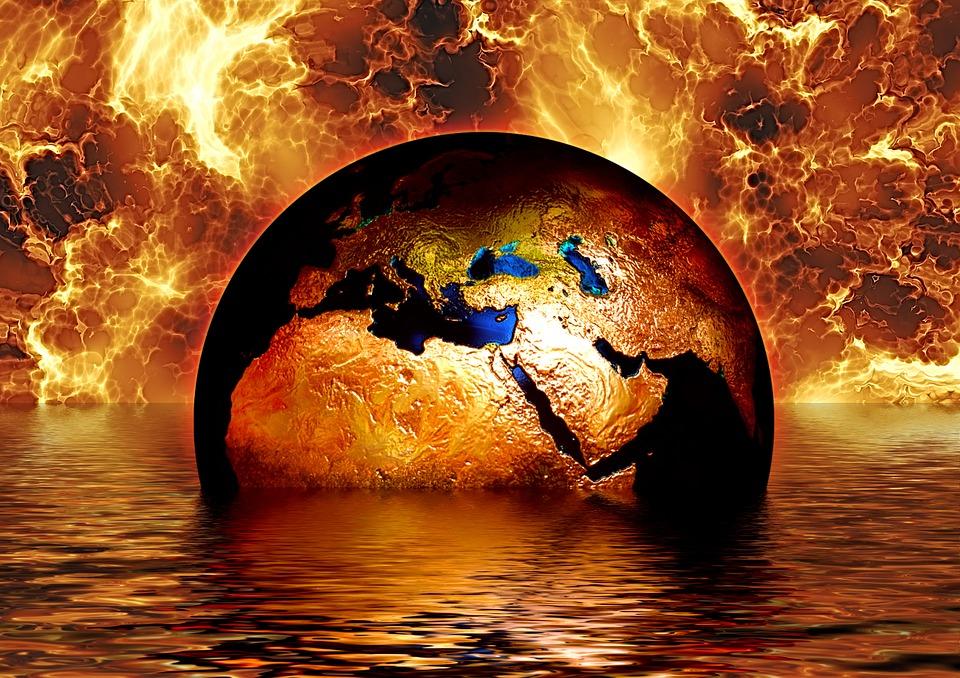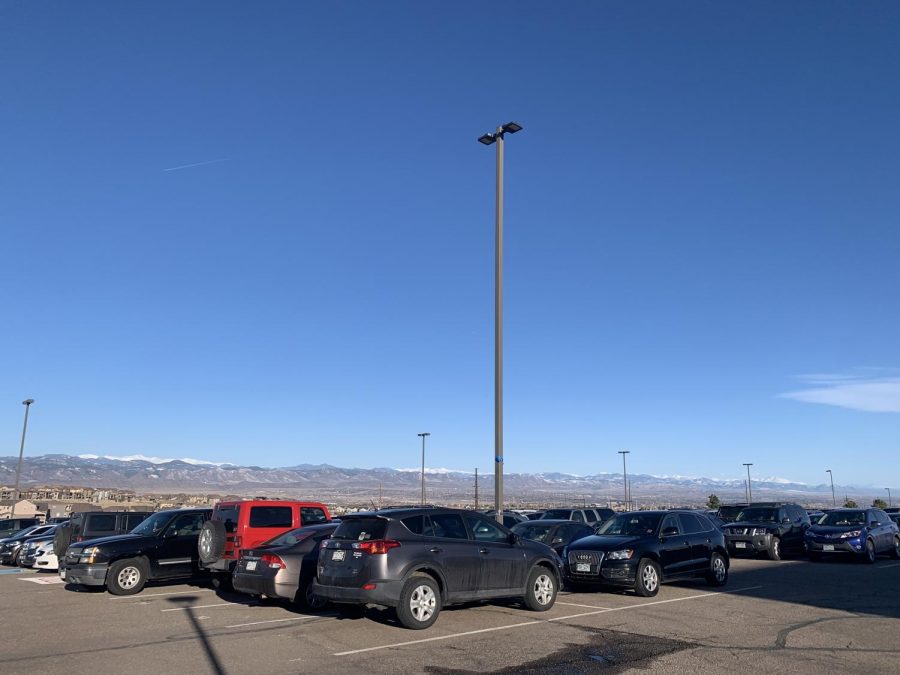During Barack Obama’s presidency there have been significant developments and policies made to attempt to combat global warming. According to whitehouse.gov, when it comes to clean energy, “the U.S. has increased solar electricity generation by more than ten-fold, and tripled electricity production from wind power.”
The Obama administration has also directed government agencies, the largest energy consumer in the U.S economy, “to reduce their greenhouse gas emissions from sources such as building energy use and fuel consumption by 28 percent by 2020 and increase deployment of renewable energy.” Government agencies have already reduced greenhouse emissions, “by more than 17 percent as of 2013, with 9 percent of federal government electricity now from renewable sources.”
With the newly elected president Donald Trump, concern has arisen involving this issue of climate change and the strides that have been made. Much of this concern is a result of Trump’s denial of the legitimacy of climate change.
In an interview with CNN in September, Trump blatantly said, “I don’t believe in climate change.” There was also an instance in 2012 that has been brought to light during this heavy season of politics, where Trump tweeted, “The concept of global warming was created by and for the Chinese in order to make U.S. manufacturing non-competitive.”
It is clear where Donald Trump stands on climate change, but what does he plan to do about it? Or rather against it?
During his campaign, president-elect Trump also claimed that he was trying to find a way to avoid participation in the Paris Agreement. At the basic level, this agreement aims to reduce greenhouse gas emissions and “shift from fossil fuels to cleaner energies”. It was signed into law on Nov. 4 2016, just days before Trump was officially elected.
In a speech on the day where the necessary 55 parties accounting for at least 55 percent of emissions ratified the Paris Agreement, President Obama stated that this accord is, “a turning point for our planet.”
However, without the contribution of the U.S. in this agreement, it would be much less effective, as the “U.S. is still the worst carbon polluter per capita.” The withdrawal of the U.S. from this accord, “would likely also cause other major carbon emitting nations, like China or India, to at least slow their own efforts.”
Along with finding a way out of the Paris Agreement, Trump also plans on disbanding the Environmental Protection Agency (EPA). To do this he has appointed Myron Ebell to head the EPA transition team who will, “play a leading role in choosing personnel and shaping the future of government agencies that deal with environmental and climate policy.”
He’s the perfect man for the job, even named, “one of the nation’s most visible climate contrarians.” Ebell, like Trump, believes that climate change is, “phony” and, “not based on science.” His appointment could possibly spell disaster for much of the progress that has been made to combat global warming and for the planet, whose temperatures have been rising at alarming rates.
One cannot say for sure what actions Trump will actually follow through with. Hopefully he will make wise decisions, as climate change is something that cannot be ignored for much longer.




































